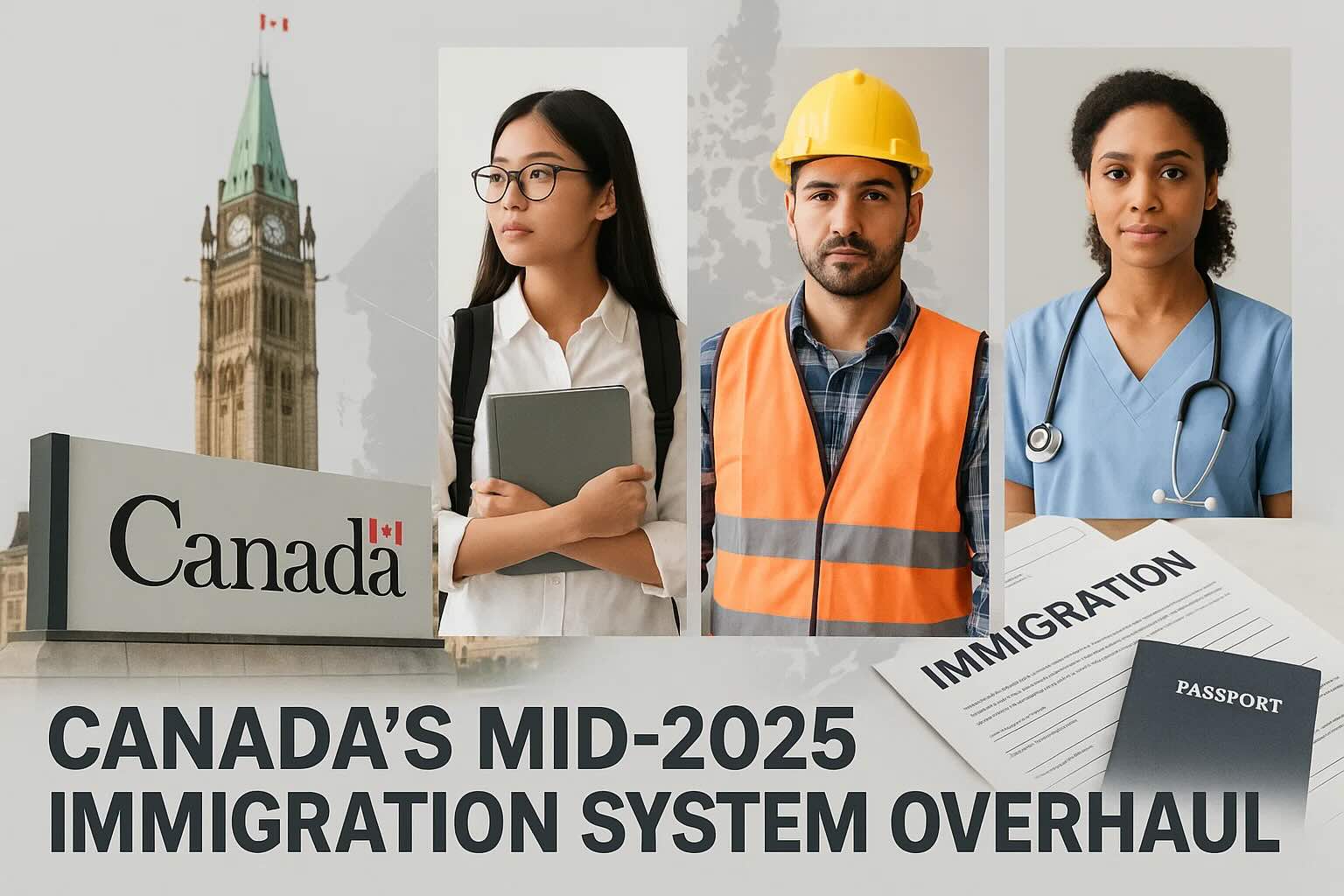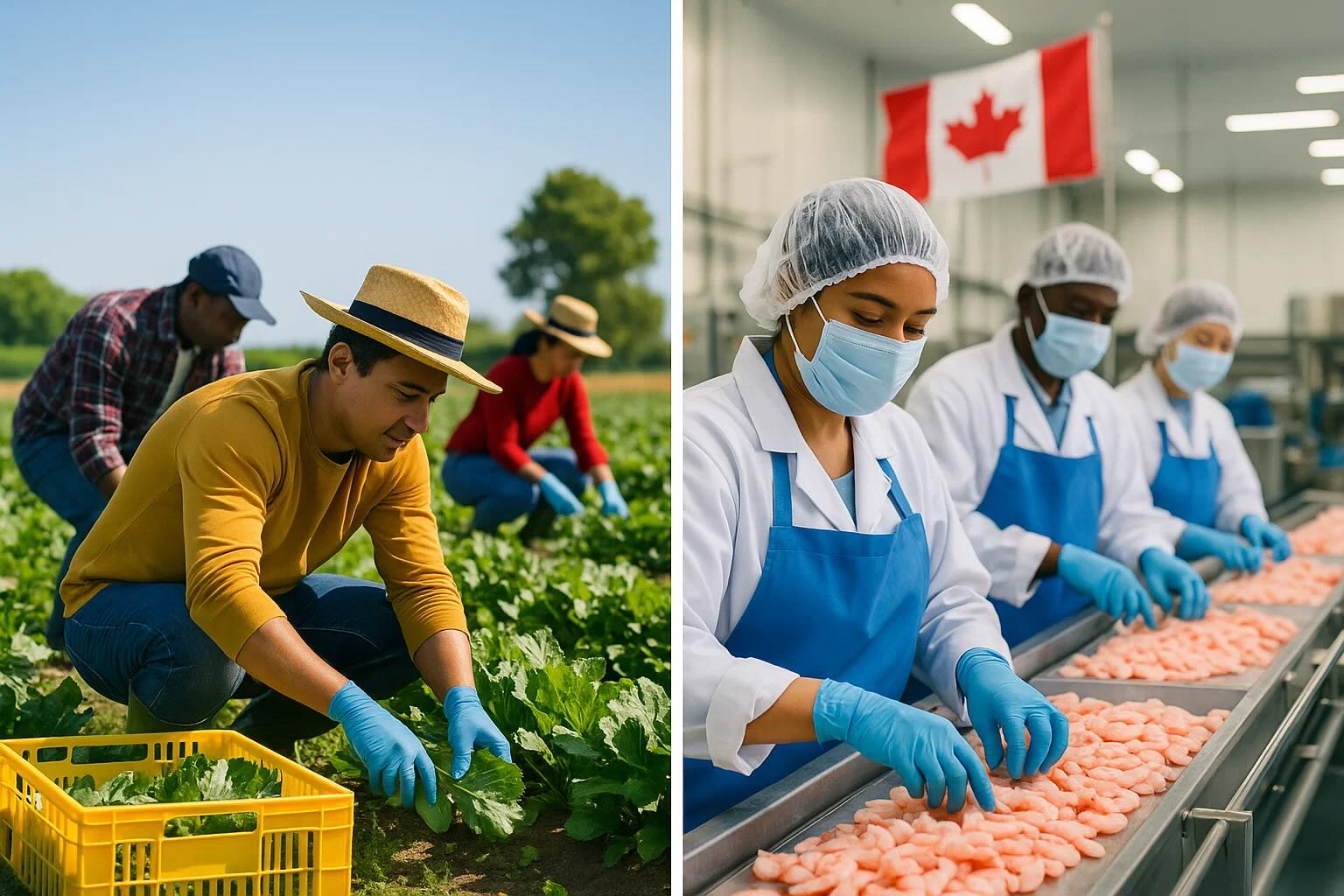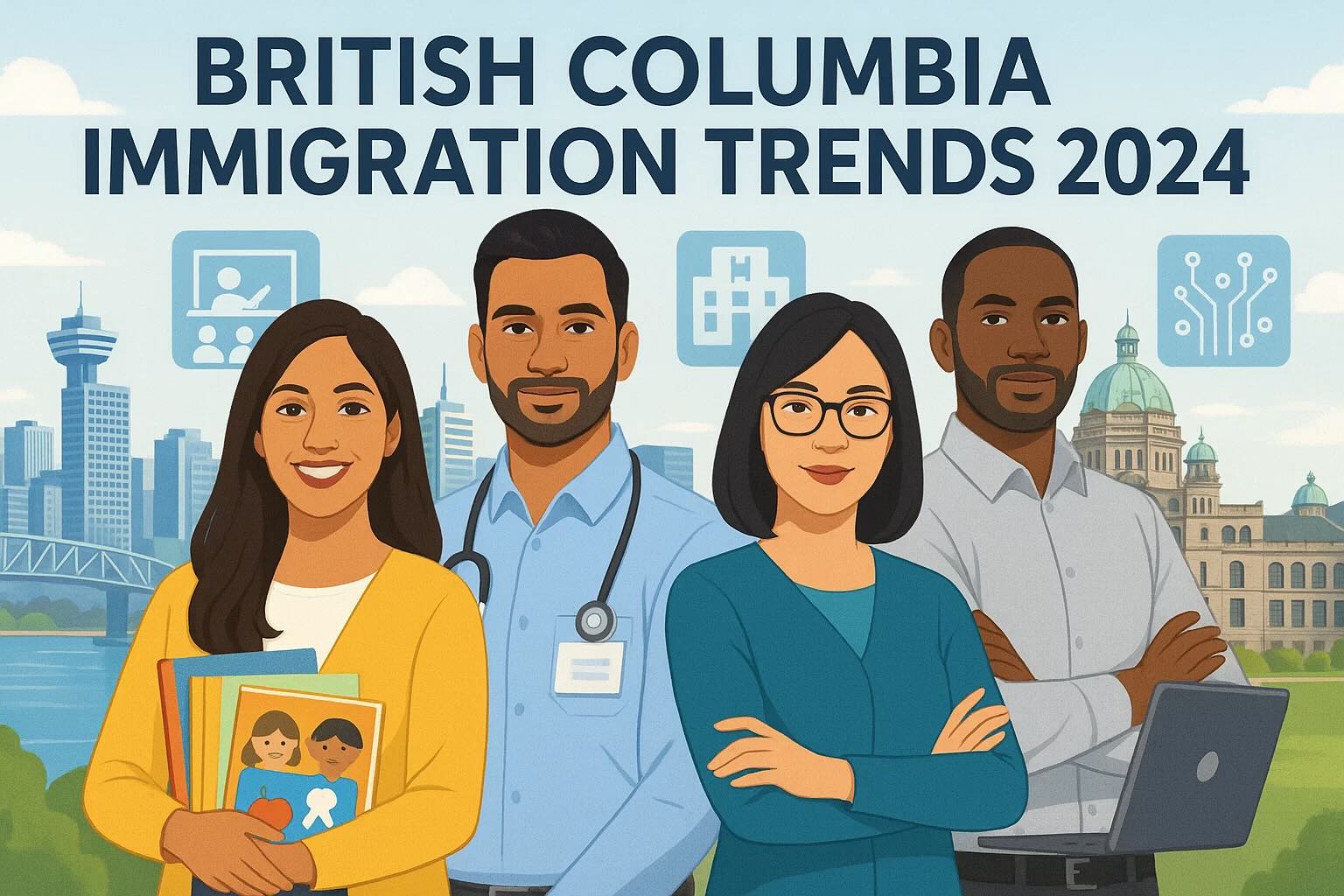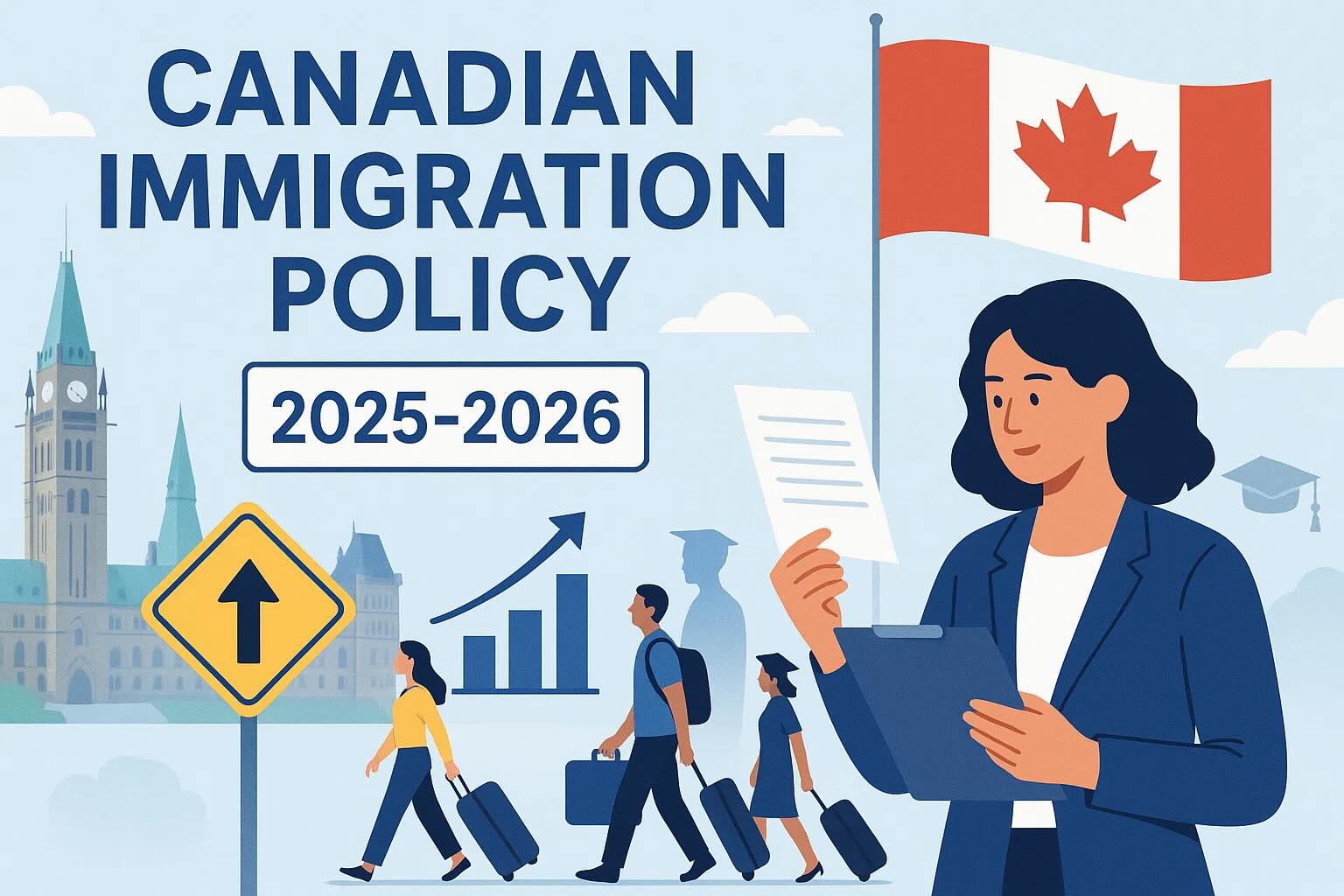Canada's new Prime Minister, Mark Carney, recently issued a mandate letter to his cabinet, clearly outlining the new government's macro-strategic direction on immigration matters. Mandate letters, as important documents from the Prime Minister guiding cabinet members to achieve the government's agenda, typically outline major goals, key milestones, and sometimes even methods. This time, Prime Minister Carney has placed the adjustment of the immigration system as a high priority.
Returning Immigration Levels to "Sustainable Levels"
The primary goal in the mandate letter is to bring Canada's overall immigration levels back to "sustainable levels." This echoes the commitment made by Carney's Liberal Party during the election campaign. At that time, the Liberals acknowledged that immigration levels under the previous Liberal administration had risen at an "unsustainable" rate, placing significant strain on Canada's housing and public services.
To address this challenge, the Liberals had proposed a policy to "stabilize annual permanent resident admissions at less than 1% of Canada's population beyond 2027." According to Statistics Canada's population projections, Canada's population is expected to reach 41.5 million by 2025. The targets set in the government's "2025-2027 Immigration Levels Plan," published in October 2024, already fall below this threshold: the plan aims to admit 395,000 permanent residents in 2025, 380,000 in 2026, and further reduce this to 365,000 in 2027. These figures are all below 1% of the projected population for those years.
Focusing on Attracting Global Top Talent
In addition to controlling overall immigration numbers, Prime Minister Carney's mandate letter also emphasizes another strategy previously mentioned during the federal election: gearing the immigration system to "attract top global talent."
The Liberal Party's election platform included plans to update the Global Skills Strategy (GSS). The GSS is a federal expedited work permit program that supports eligible Canadian companies by facilitating the hiring of skilled foreign workers, typically with processing within two weeks. The proposed changes included new initiatives aimed at helping high-growth Canadian businesses and entrepreneurs bring in talent. The platform also highlighted a focus on attracting highly skilled professionals from the United States.
Furthermore, the new government has committed to working with provinces and territories to improve and accelerate the recognition of foreign credentials and international work experience. This aims to allow foreign skilled workers to integrate more quickly and effectively into the Canadian labour market, fully utilizing their professional skills.
Context and Continuation of Policy Adjustments
The changes advocated by Prime Minister Carney in his mandate letter have their roots in the immigration policy instituted by former Immigration Minister Marc Miller, towards the end of Prime Minister Justin Trudeau’s tenure.
Under Minister Miller, and in response to growing concerns around affordability and housing, Canada’s Liberal government had already begun adjusting its immigration policy to scale back on both temporary resident and permanent resident admissions. Specific measures included:
- Setting targets to reduce the number of new study and work permit holders entering Canada each year;
- Reducing permanent resident immigration levels to approximately what they were before the pandemic;
- Temporarily halting new low-wage Labour Market Impact Assessment (LMIA) applications in metro areas with unemployment rates of 6% or higher;
- Shifting the focus of federal economic immigration programs to prioritize candidates already in Canada;
- Imposing a cap on new study permit applications;Making major changes to the occupational categories used in Express Entry;
- Adding language and program-of-study criteria for eligibility to receive a Post-Graduation Work Permit (PGWP);
- Creating new permanent residence streams and study permit exemptions for skilled workers in trades and construction occupations;
- Restricting eligibility for Open Work Permits (OWP) for family members; and
- Eliminating arranged employment points in the Comprehensive Ranking System for Express Entry candidates.
These existing policies lay the groundwork for the Carney government to further deepen immigration system reforms, signaling that Canadian immigration policy will continue to seek a dynamic balance between prudent control of numbers and targeted talent attraction to meet the country's long-term development needs. It is currently unclear whether Prime Minister Carney will follow the past pattern of issuing individual mandate letters to each minister.









